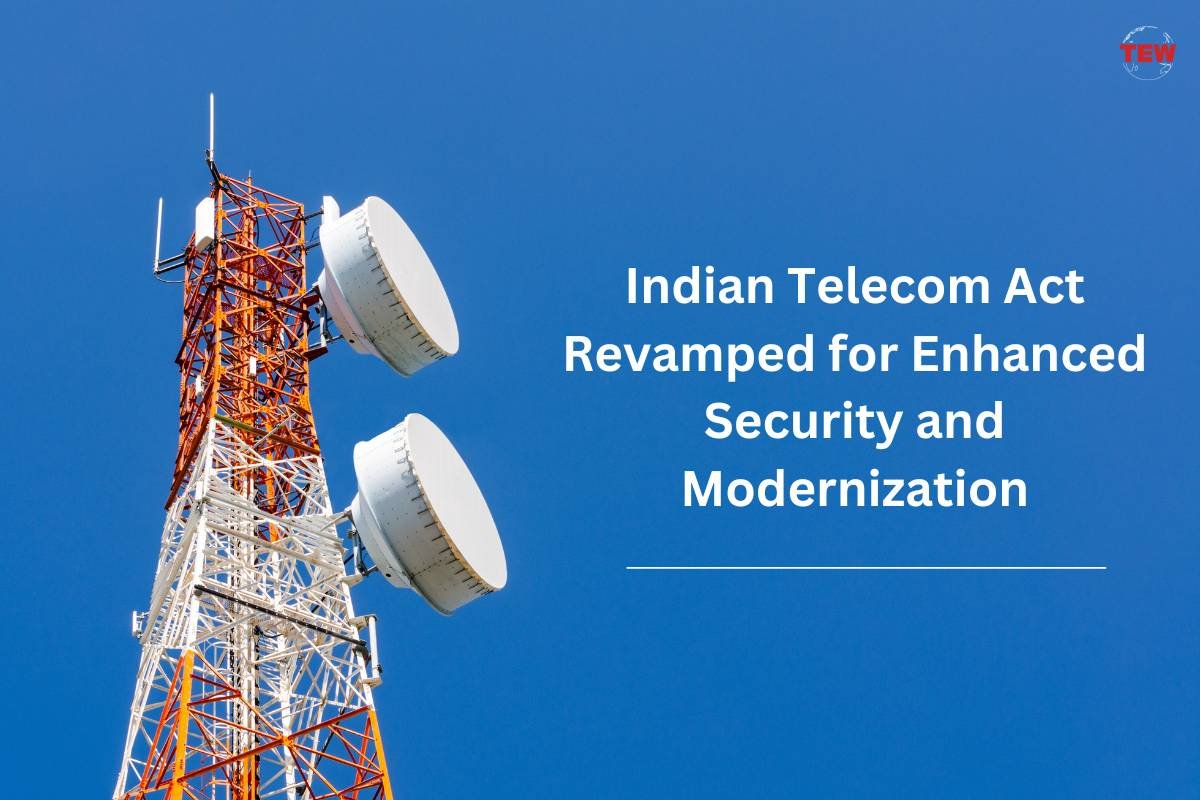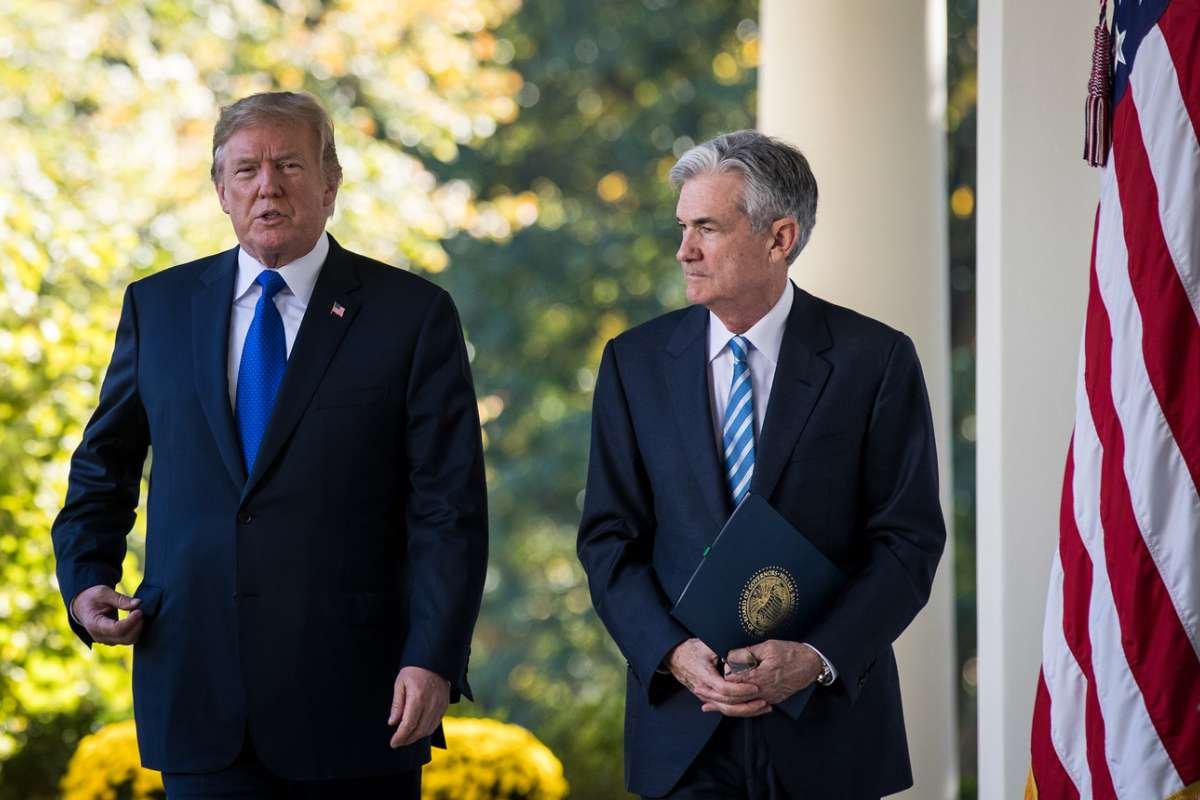The Union Minister for Telecom emphasized the government’s commitment to fortifying the nation’s telecommunications infrastructure. “It is important for us to have a firewall in place to protect our country, our citizens, and our businesses,” he stated. “We in the government are committed to that.” This commitment has culminated in the notification of the new Indian Telecom Act, a significant modernization effort replacing a 130-year-old act. The Minister noted that the outdated provisions have been “consigned to the flames of history,” making way for a robust, modern framework.
Government Implements New Telecom Act to Safeguard National Interests
The new act, which was officially notified last month, has already begun to reshape the legal landscape of the telecommunications sector. One of the most notable provisions allows the government to assume control of telecom services from both public and private operators in circumstances related to security, public order, or the prevention of offences. This provision underscores the government’s determination to maintain a secure and orderly telecom environment amidst evolving global threats and challenges.
The Minister elaborated on the implementation timeline, assuring that the government will adhere to a 180-day deadline to have all the necessary rules in place. “I commit to you that within 180 days, which is our deadline, we will have each and every rule notified,” he asserted, indicating a swift and comprehensive rollout of the new regulatory framework.
The new Indian Telecom Act signifies a paradigm shift in the regulation and oversight of the telecommunications sector. By granting the government the authority to take control of telecom services under specific conditions, the act aims to ensure that national security and public order are maintained. This move is particularly pertinent in an era where cybersecurity threats are increasingly sophisticated and pervasive.
The Minister highlighted the need for such stringent measures, noting that the protection of citizens and businesses is paramount. “The government can take control of the telecom services of both public and private operators on grounds of security, public order, or prevention of offences,” he explained. This provision ensures that the government can act decisively in situations that threaten the integrity and stability of the nation’s telecom infrastructure.
This regulatory overhaul not only addresses security concerns but also aims to streamline and modernize the telecom sector, making it more resilient and responsive to contemporary challenges. The swift notification and implementation of the act reflect the government’s proactive approach to governance and its commitment to safeguarding national interests.
Minister Highlights Progress in 5G and Commitment to 6G Development
In addition to discussing the new telecom act, the Minister highlighted the rapid progress made in the rollout of 5G technology across the country. “The fastest 5G rollout in the country has now been accompanied by a commitment towards 6G,” he announced, emphasizing the government’s forward-looking approach to telecommunications.
The Minister revealed that preparations for 6G technology are well underway, with the process of securing nearly 127 global patents. This proactive stance aims to position India as a leader in the next generation of telecom technology. “Taking the 6G technology forward is a priority,” he stated, reflecting the government’s ambition to stay at the forefront of technological advancements.
The Minister’s remarks also included a call to action for the nation. “Develop a sense of national pride,” he urged, suggesting that the public should embrace these advancements and support the nation’s progress in the telecom sector. He acknowledged that the path forward may not be easy but stressed the importance of perseverance and national unity in achieving these technological milestones.
In conclusion, the new Indian Telecom Act represents a significant step towards modernizing the country’s telecom infrastructure, ensuring security, and fostering technological innovation. With a clear commitment to rapid implementation and future advancements like 6G, the government is poised to lead India into a new era of telecommunications excellence.
Also Read : The Enteprise world






